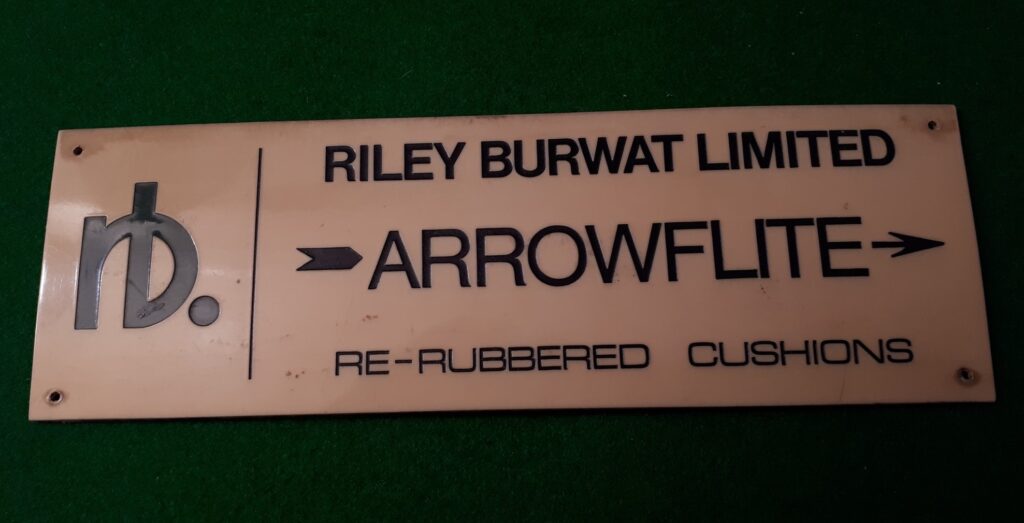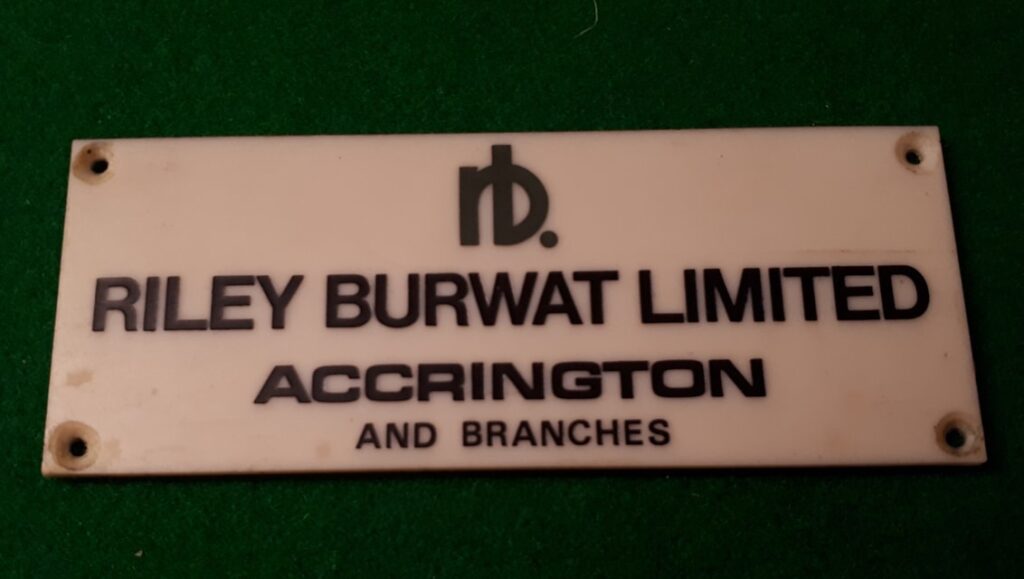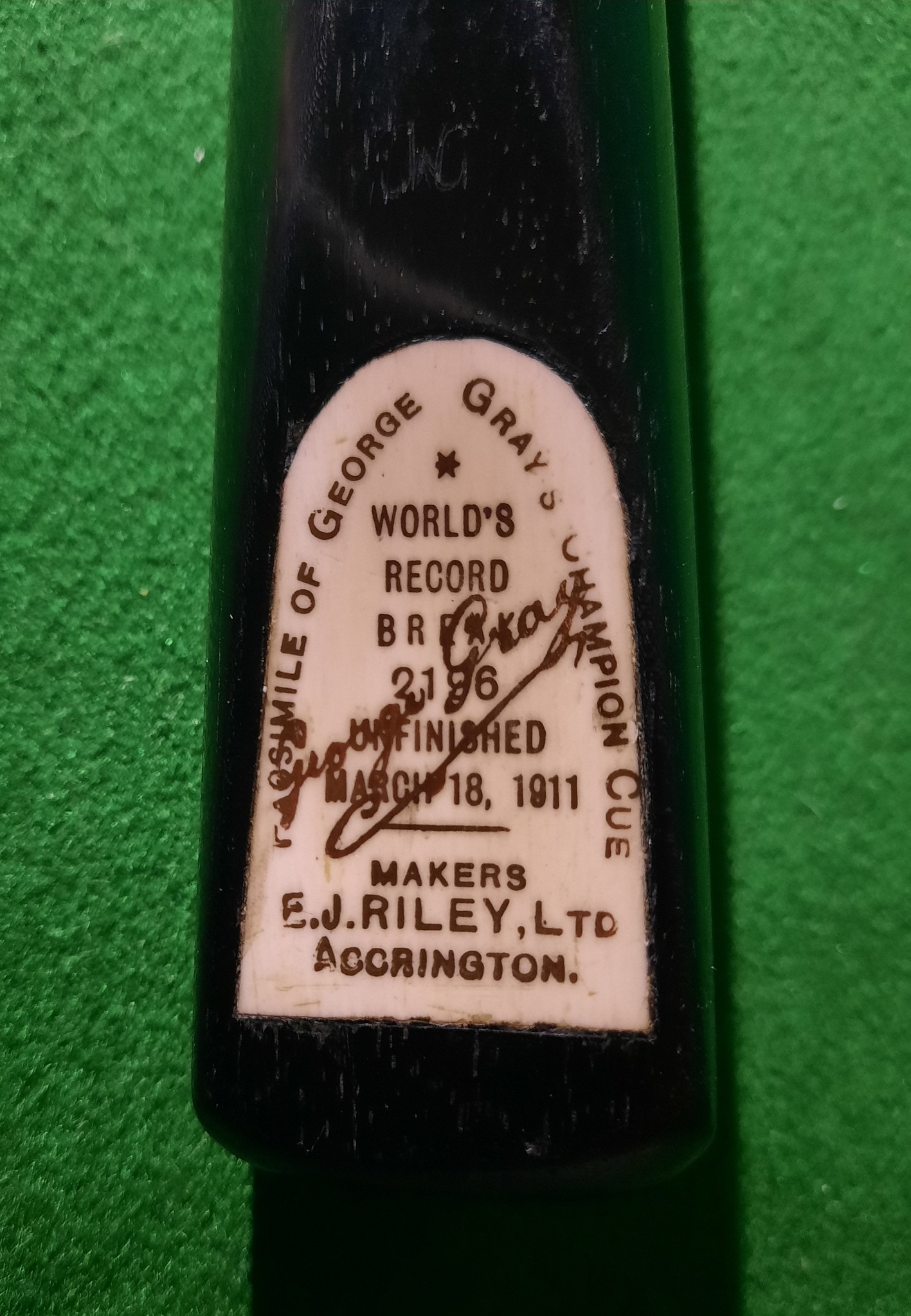More Cues:
-
Peradon Limited
-
Magnus Billiard Tables
-
John Taylor & Son Edinburgh
-
Murton of Newcastle
-
MacMorran “Morcues”
-
John Bennett & Co
-
Elston & Hopkin Billiards
-
Thomas Padmore & Sons
-
Cowderoy Bland and Co
-
Charles Parker and Son History
-
Lucania Billiard Halls
-
Adega Billiard Hall
-
A E Perry Brighton
-
Power Glide
-
E J Riley Billiard Tables
-
Adam Custom Cues
-
H J Davis
-
Kent & Co
-
The Top Spot Snooker Club
-
Karnehm & Hillman
In the world of billiards and snooker, few names resonate with the history and evolution of cue sports quite like E J Riley.
Established in 1882 by Edward John Riley, the company embarked on a journey from a general sporting equipment retailer to becoming a dominant force in billiards and snooker table manufacturing.
Edward John Riley initially faced challenges in his venture into sporting equipment after leaving his bank clerk position. However, with the strategic guidance of John Threlfall Kenyon, the pair developed a profitable business strategy which lead to the opening of retail shops in Accrington and Manchester.
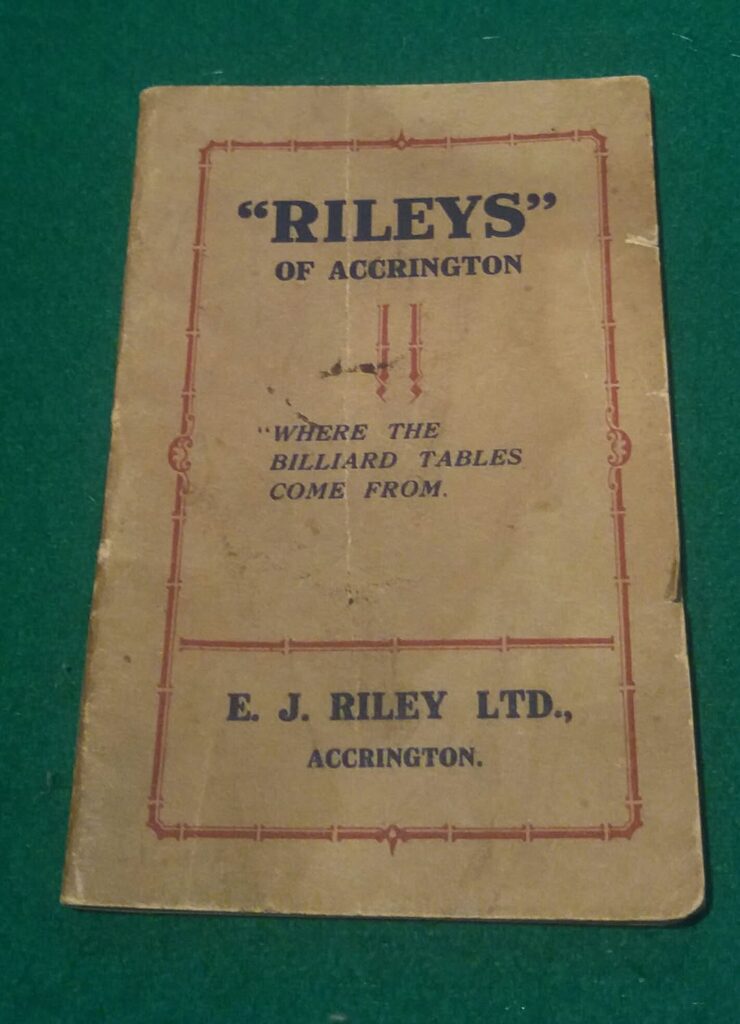
with home tables
Their foray into billiard tables began with miniature tables, which were initially purchased wholesale from Orme & Sons. These smaller tables proved highly popular, prompting Riley to establish their own workshop in 1890 to manufacture their own branded miniature billiard tables as well as cricket bats and other sports equipment.
The company’s success with undersize tables laid the groundwork for a significant expansion. They quickly moved into producing full size billiard tables of traditional design, rapidly becoming one of the largest manufacturers in the industry.
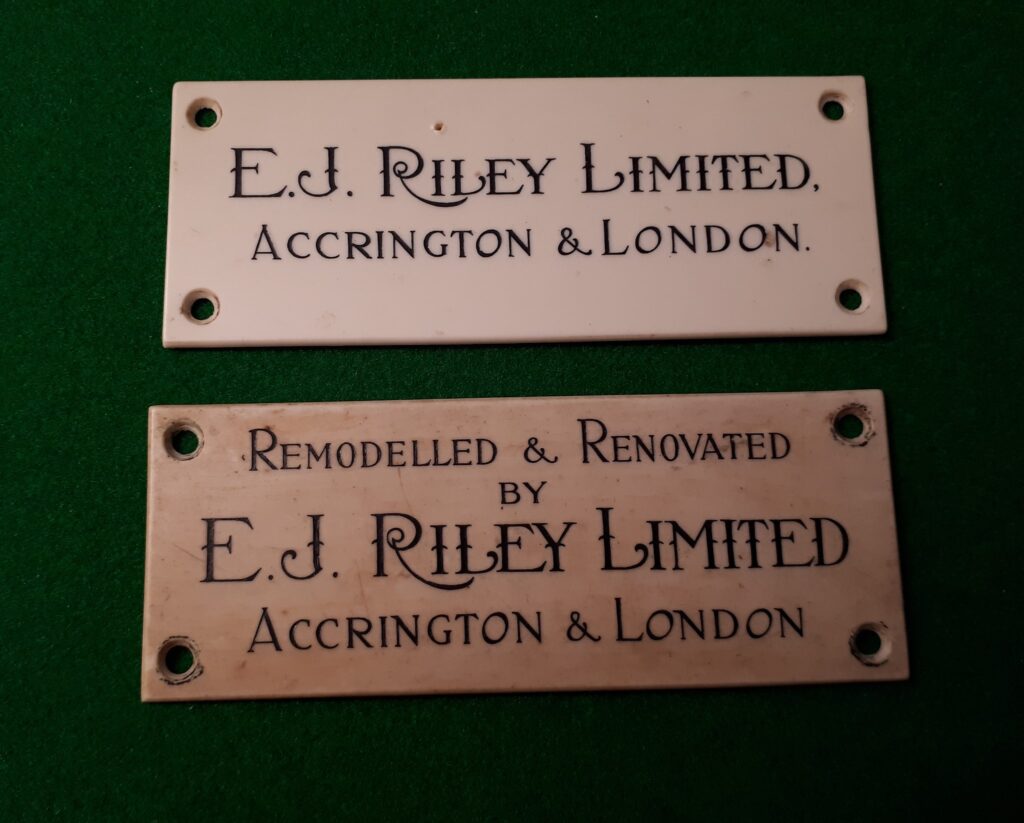
Breaking into the London market, dominated by established firms like Burroughes & Watts and Thurston, was a challenge. Riley famously secured their place when, for a professional championship, the finalists were asked on whose table they wished to play. E J Riley seized this publicity opportunity, and the players ultimately chose a Riley table. This was so significant that, in 1903, Riley began to market their ‘Championship Cushion’ to commemorate the achievement.
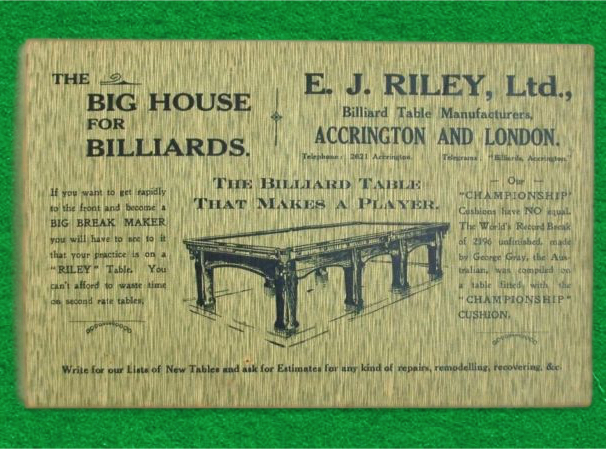
By around 1910, Riley’s production was truly impressive, manufacturing up to 800 full sized billiard tables per year. Their success extended beyond large scale club tables to meet the growing demand for home use.
At this time 800 convertible billiard and dining tables were sold and 4,000 portable tables were sold by mail order on instalment plans per year.
Although described as ‘portable,’ these tables were not lightweight, often featuring 1/2 inch slate beds that made them “very heavy”.
The sheer volume of demand for billiard tables meant that other sporting goods became secondary to their core business.
E J Riley continued to innovate in table design. Their ‘Imperial’ billiard table design was considered many years ahead of its time, and later designs included the ‘Sheerline’ and ‘Starline’.
Over the years, Riley expanded through acquisitions. In 1967, they bought the billiard repair side of Burroughes & Watts, forming ‘Riley Burwat Ltd.’ This fusion lead to more branches across the UK. In 1968, they co-formed Modern Recreations Ltd. to operate billiard clubs, which Riley fully acquired in 1971, changing the name to Riley Snooker Clubs Ltd.
By 1999, in an attempt to continue operations amidst mounting debts, Riley was subjected to a management buy-out. However, the company was “unable to continue” and was “ultimately placed into administration”.
At this point, BCE, described as rivals, purchased the company name and the Riley works in Burnley, which employed 113 people, closed permanently in December 2002. Riley Snooker Clubs Ltd continues to operate as it was a separate company.
While the company faced many financial challenges, the name E J Riley remains a significant part of billiards and snooker history. Their tables, from grand championship models to the practical home versions, have facilitated countless games and cemented their place in cue sports heritage.
John A Smith
Cues n Views
Related cue images



